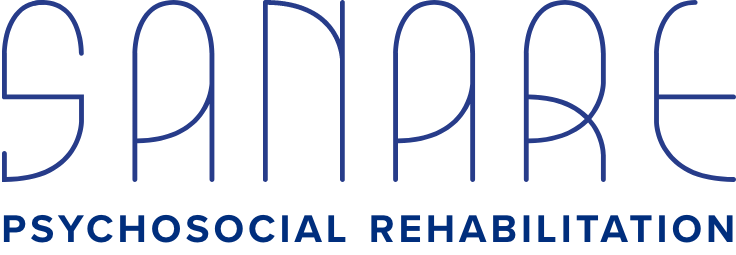Positive Outcomes, Positive Change: Why Investing in Psychosocial Rehabilitation Pays Off for Individuals and Communities
In a world where mental health is becoming an increasingly pressing concern, investing in psychosocial rehabilitation can have powerful and far-reaching effects. Not only does it benefit individuals who may be struggling to cope with chronic and persistent mental health disorders, but it also has positive ripple effects that extend into communities and society as a whole. In this post, we’ll explore the transformative power of psychosocial rehabilitation – from boosting resilience to improving social connectedness – and why it’s an investment worth making for anyone seeking meaningful change in their lives.
What is Psychosocial Rehabilitation?
Psychosocial rehabilitation (PSR) is an evidence-based practice that focuses on helping people with mental illness regain social, vocational, relational, and psychological functioning. PSR services are individualized and recovery-oriented, and they address the whole person, not just the symptoms of mental illness.
PSR services can include vocational rehabilitation, housing support, in vivo counseling support, behavioral activation, and other community-based services. These services help people with mental illness build the skills and supports they need to live independently and participate fully in their communities.
PSR has been shown to improve quality of life for people with mental illness, as well as reduce psychiatric hospitalizations, emergency department visits, and criminal justice involvement. Investing in PSR can save lives and money, while also promoting social inclusion and recovery for people with mental illness.
Researched Benefits of Psychosocial Rehabilitation
Increased functioning and enhanced quality of life
Improvement in the ability to cope with difficult situations & greater faith in their own abilities
Increases health-related behaviors
Families report reduced caregiver burden & improved family relations
Lower levels of anxiety & depression
Better social functioning
Better employment outcomes: increasing the rate of employment & increasing overall earnings
More likely to maintain secure and safe housing
Communities benefit from reduced crime rates and homelessness, as well as increased economic activity when residents with mental illness receive PSR services
One study found that every dollar invested in a psychosocial rehabilitation program resulted in a $2.30 return on investment due to increased employment and decreased use of health care services among participants
